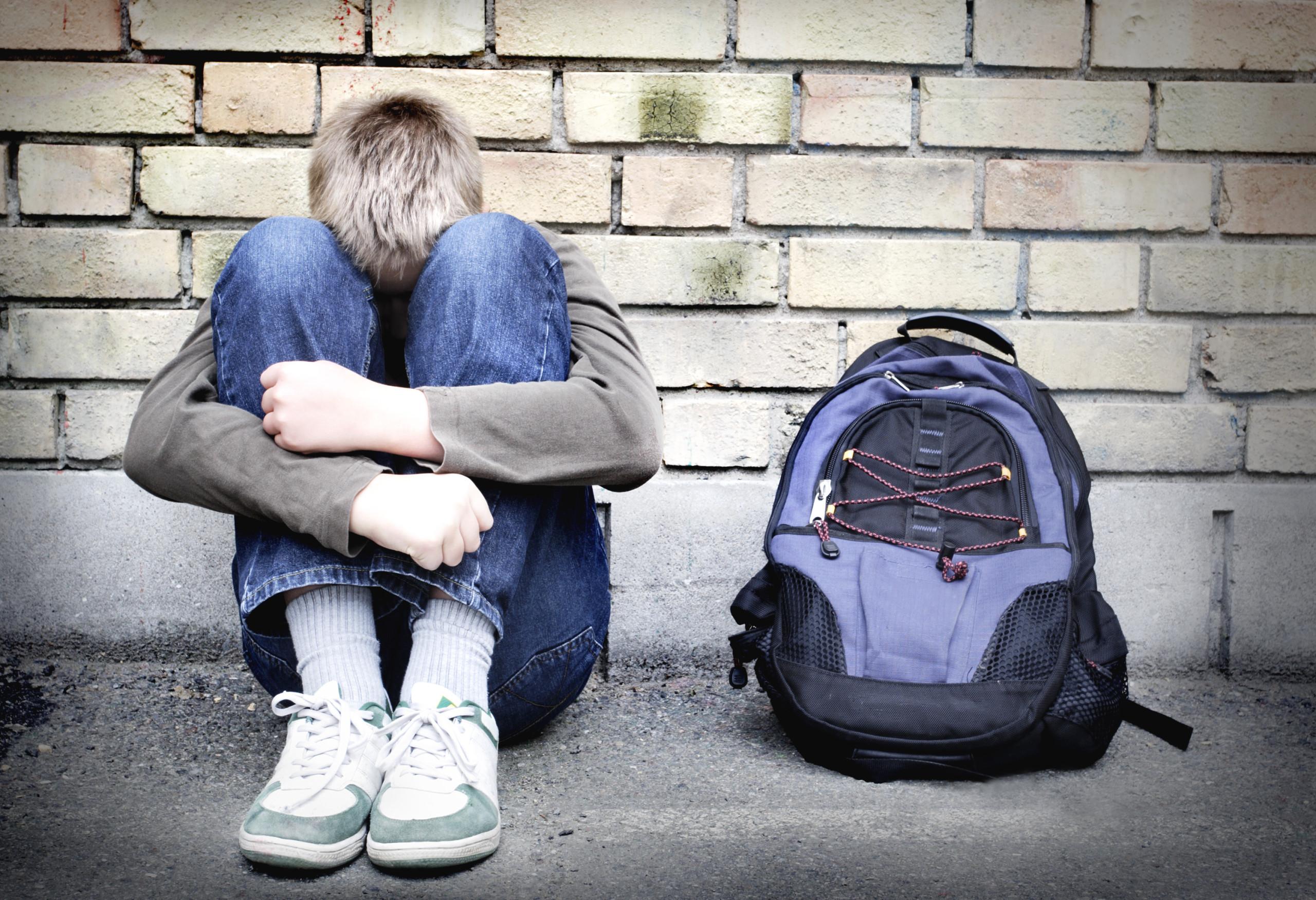As many as 25% of kids experience bullying. Bulling is aggressive behavior that is repeated over time. It can be physical, social, or verbal. Physical bullying can be threats or hurtful actions. Social or verbal bullying may be mean tricks, rumors, teasing, hurtful words, or intentionally excluding someone. Regardless if bullying is social, verbal, or physical in nature, the results are the same. The person being bulled is made to feel isolated, ashamed, angry, afraid, hopeless, and even guilty. Over time, bullying can result in anxiety, depression, feelings of low self-worth, and physical illness.
There’s no single foolproof way of dealing with bullies, but there are some techniques that may help in many cases. If your child is dealing with a bully, listen patiently, help them to understand what is happening, and offer support.
Encourage a bullied child to try and remain calm, ignore verbal taunts, and walk away if possible. Bullies draw power from emotionally engaging the person they bully. Remaining calm may help to disengage and make the bully lose interest. Ask a bullied child to report each and every instance of bullying to a trusted adult. Teachers and other figures of authority can help to deal with the issue without calling extra attention to the bullied child, but it’s important that the adult know the gravity of the situation.
In many cases, a bully is acting out because she or he is unhappy and frustrated because of some other situation that has nothing to do with the person they’re bullying. Help a bullied child to understand this dichotomy and reach out to friends for support and engage in positive activities such as sports and clubs.
In an environment where the adult to child ratio is low, such as SportsTyme summer camp, bullying is less common. At SportsTyme, no aspect of bullying, physical, verbal, or social, is tolerated. Our camp coaches work to create an environment of friendliness and sportsmanship, where children can learn new skills and build confidence.

